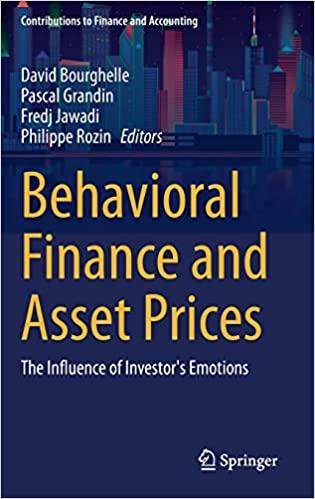Herb has been in the aviation business of some sort since he was 18, when he took his first flying lesson. Shortly thereafter he began selling planes. As soon as he got his license, he worked ferrying, washing, and polishing aircraft in exchange for flying time in someone else's plane, Herb was drafted into the military, and when he returned the market was flooded with pilots and jobs were scarce. He then utilized an eight- passenger Beech and organized a commuter airline to fly to regional major cities before the interstate system was complete. "He flew all day and performed maintenance on the craft all night." On weekends he chartered. A former airline handled baggage and ticketing for him through the various airports. The airline then requested he acquire a larger plane and fly their routes. At that point he leased a 16-passenger plane that eventually developed so many mechanical problems that it led to the demise of his company, The next career move was the purchase of an east ramp airport hanger built in the 1940s, and his first Fixed-Base Operation (FBO) was born An FBO is essentially a refueling facility for aircraft that offers a variety of aviation-related services. This service survived for five years until a contractual agreement expired. He then continued selling airplanes, dabbled in the rental car business and with oil interests, and encountered problems when the economy took a downturn and interest rates soared. His next venture was a commuter airline and it was the very first "nonsmoking" commercial flight. He started with three planes and served Il cities. This carrier was controlled by outside investors and was shut down because it was successful. The major investors had funded this company for a tax write-off only. Needless to say, he was extremely upset and disappointed For the next several years, Herb did a lot of freelance flying and served as a flight instructor for FedEx 727 pilots-real, paying jobs. Then the bug bit him again. He studied the market, examined locations, and spent five ycars putting together a new venture. He encountered a successful local competitor who had a monopoly at the airport, and eventually won the right to operato in his selected location by filing a complaint with the Federal Aviation Administration (FAA). Personal funds were the basis for a new FBO franchise. An additional investor was brought in for startup, and the business was opened on June 16, 2001. The franchise operated as an Scorporation. "It was not easy getting up and going because the tragedy of September 11, 2001, happened shortly after and the entire industry encountered an extremely serious downturn." He hung in there and slowly grew his operation. Today a larger percentage of affluent individuals and companies are utilizing private aviation instead of facing uncertainties, inconvenience, and safety issues associated with commercial travel. His franchise contract addressed overy aspect of operating an FBO, ranging from hiring employees to operational guidelines to ethics. Unfortunately, his competitor next door diluted the market and captured most of the clients. Hindsight reflects that the market was too small for more than one FBO at the airport. 122 Questions 1. Do you think Herb was really cut out to operate this FBO? 2. Discuss the small market implication of this case







